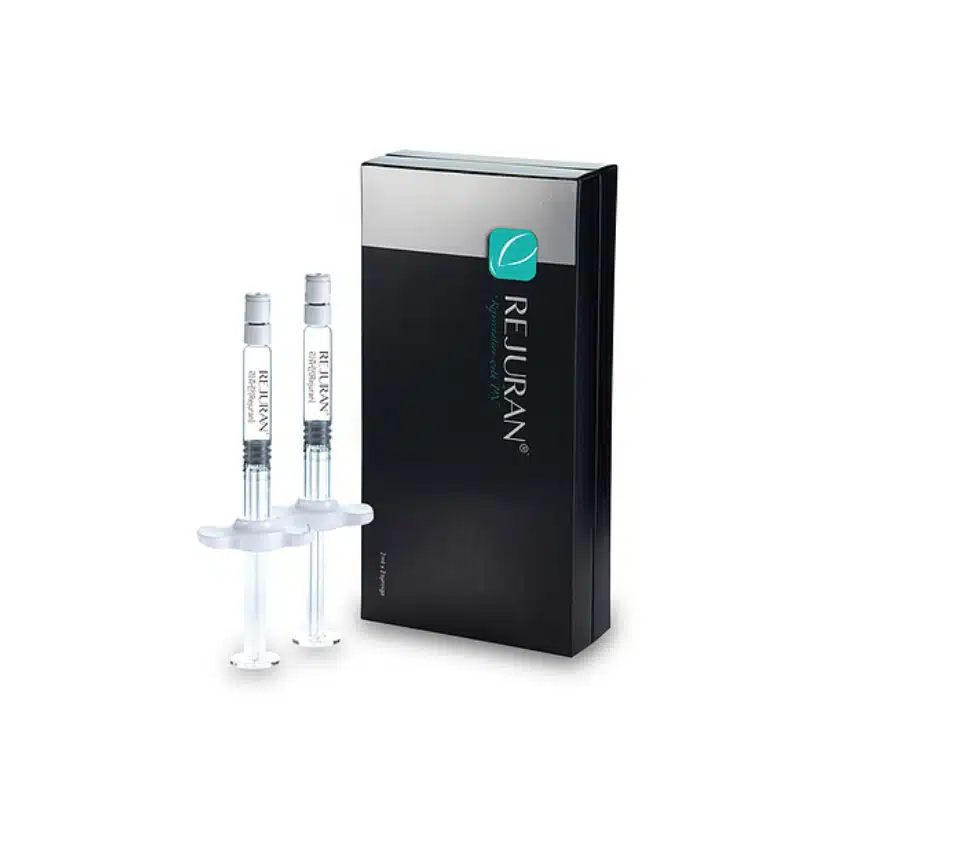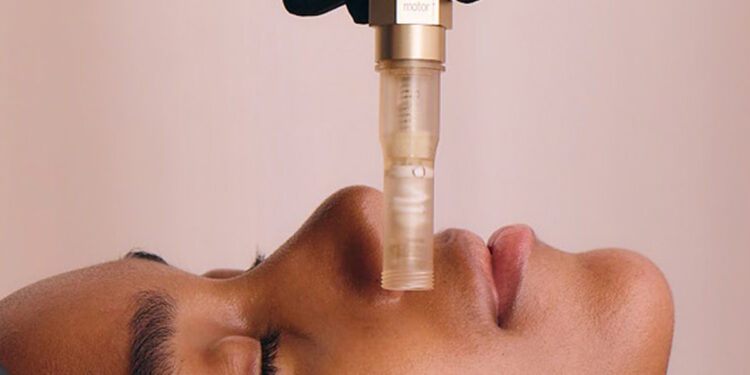The name alone feels like a provocation: salmon sperm injections. Yet this unusual treatment, once confined to high-end clinics in South Korea, has quietly made its way into Seattle med spas, attracting women who are eager to try the latest promise of smoother, brighter, and younger-looking skin.
The procedure is not for the faint of heart. It starts with syringes filled with a serum made from purified DNA fragments extracted from salmon sperm and testes, prepared for medical use. Known as polynucleotides, these DNA strands are believed to help the skin repair itself, reduce inflammation, and boost collagen and elastin production. During a single session, patients can endure hundreds of tiny injections across the face, each delivering the serum just beneath the skin’s surface. Even with numbing cream, the process is painful. Clients often leave with faces covered in red bumps and small puncture marks that take several days to heal. Weeks later, however, many report a newfound glow, firmer texture, and more even tone — results that, for some, last for months.
The popularity of this treatment is largely due to South Korea, where it was called Rejuran and marketed as a natural alternative to fillers or Botox. The shock value of its name, along with dramatic post-treatment images on TikTok, pushed it beyond Seoul and into the feeds of millions worldwide. Beauty influencers shared their swollen, bruised recoveries alongside glowing results, while celebrity mentions helped it become more mainstream. Global demand has soared, and clinics from Los Angeles to New York began offering it last year.

Seattle, known for its enthusiasm for wellness trends and biotech solutions, was quick to adopt them. Med spas like Allure Esthetic in Seattle and Glow Skin Science in Everett now market treatments using “salmon DNA” or “PDRN,” usually costing between $500 and $900 per session. While these spas present the procedure as an innovative way for skin rejuvenation, dermatologists warn that injectable salmon DNA treatments are still in a regulatory gray area in the United States.
The science, however, is still evolving. Some studies suggest that polynucleotides improve hydration, elasticity, and skin repair, while others find only modest benefits. Dermatologists note that results vary widely, with some patients experiencing significant improvements and others noticing little change. Side effects are common, including swelling, redness, and bruising, and anyone with fish allergies is advised to avoid the procedure altogether. The lack of long-term safety data also raises questions about what repeated treatments might mean for skin health years down the line.
Regulation adds another layer of uncertainty. In the United States, topical products containing salmon DNA are permitted, but the Food and Drug Administration has not cleared injectable versions. Oversight is left mainly to medical spa licensing and practitioner discretion. In Washington State, new laws like the Toxic-Free Cosmetics Act aim to ban harmful chemicals from consumer beauty products. Still, treatments like salmon sperm injections fall outside those definitions, leaving a patchwork of oversight that critics say fails to keep pace with new procedures.
For Seattle women who have already tried it, the experience often becomes a talking point as much as a treatment — part curiosity, part experiment, part indulgence. In a city where trends spread quickly from health food aisles to boutique fitness studios to medical spas, salmon sperm injections fit right in. They capture both the spirit of innovation and the risks of chasing what’s next.
Whether the procedure proves to be a lasting advancement in skincare or simply another viral sensation, it has already secured a place in Seattle’s beauty culture.







